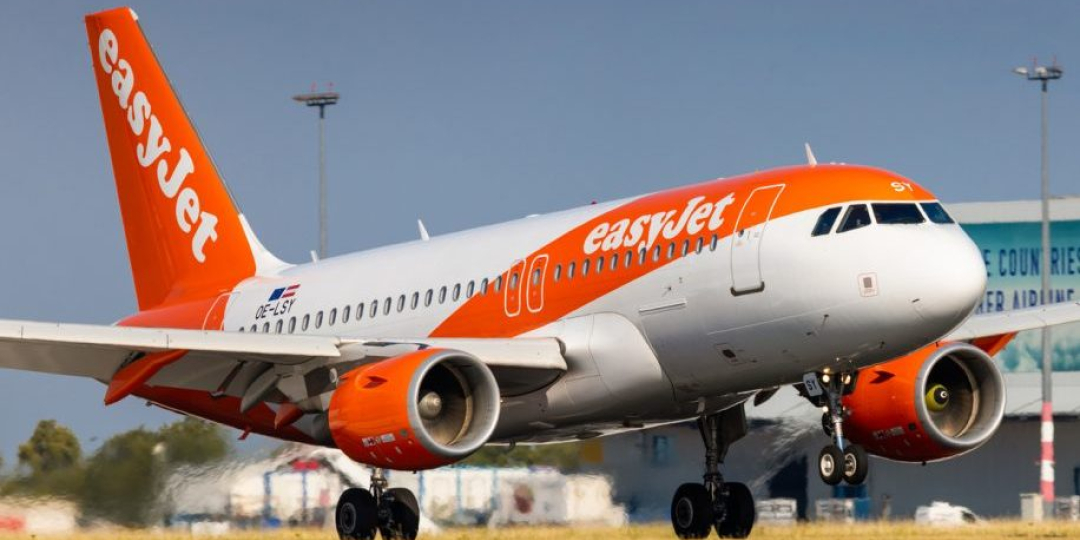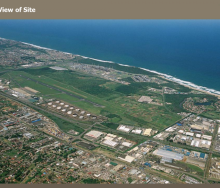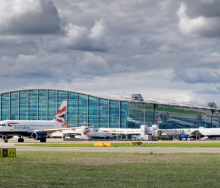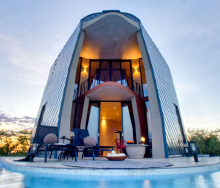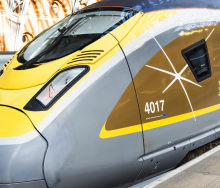easyJet has signed a contract with Airbus to deploy direct air carbon capture technology making it the first airline to fully commit to the aircraft provider’s carbon-removal initiative.
The technology is one of several ways to reach aviation carbon emission reduction targets as the Direct Air Carbon Capture and Storage (DACCS) programme provides a way to remove the emissions from the atmosphere and reuse or rebury it.
DACCS uses high-powered extraction fans to filter and remove the CO2 emissions directly from the air, which it then compacts to store in underground reservoirs or alternatively converts into jet fuel. The two companies emphasise that sequestration is complementary to other carbon reduction technologies, such as the use of sustainable aviation fuel.
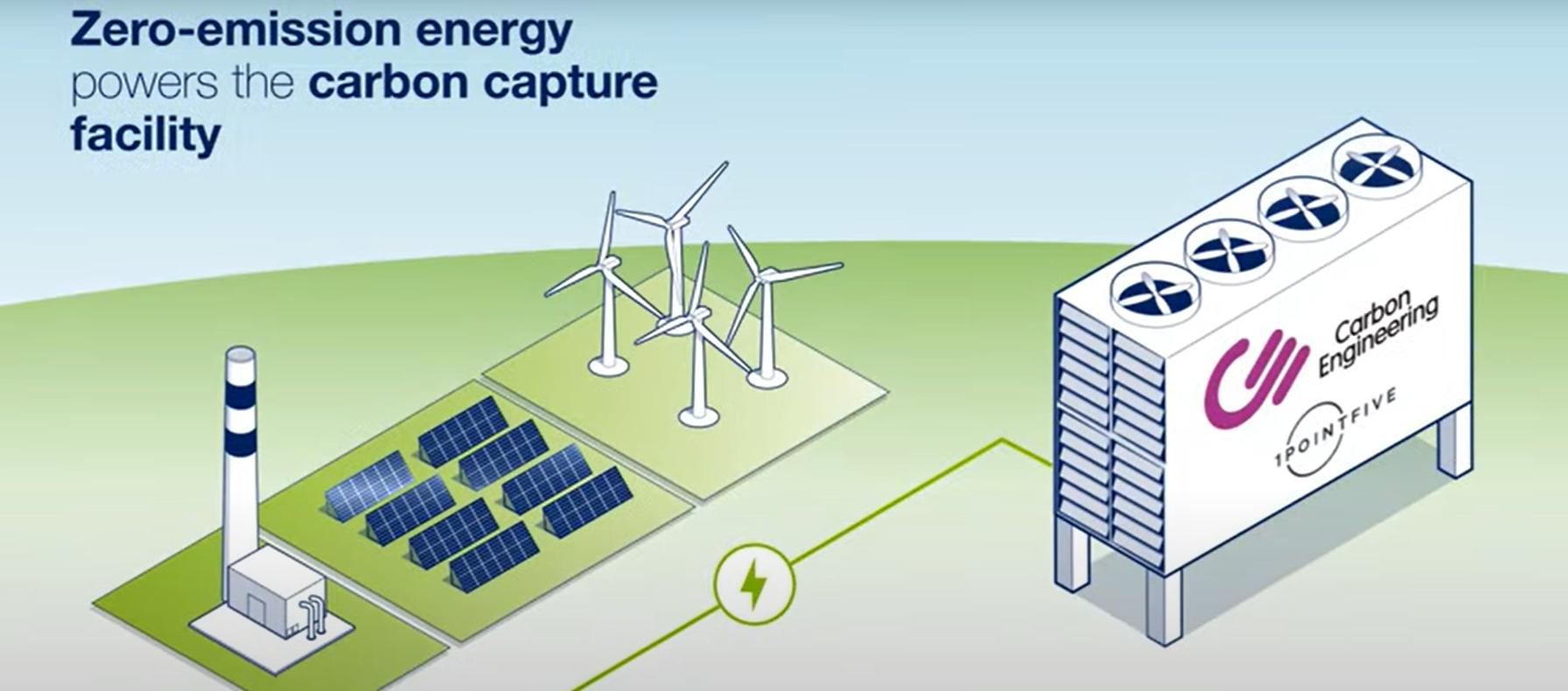
Airbus announced last year that it had partnered with other big airlines in a significant carbon capture initiative, revealing the next phase in the initiative, the DCCS, and its partnership with easyJet on Monday, October 9. Air Canada, Air France-KLM, International Airlines Group (IAG), LATAM Airlines Group, Lufthansa Group and Virgin Atlantic have all signed a Letter of Intent to explore carbon removal opportunities through the first phase of the initiative.
Airbus’s partner, Oxy Low Carbon Ventures, a subsidiary of Occidental Petroleum and the global deployment partner of direct air capture company Carbon Engineering, will issue airlines with carbon removal credits through its 1PointFive programme.
Thomas Haagensen, Group Markets Director at easyJet, noted how direct capture was just one of the airline’s methods of decarbonisation. “Decarbonising a hard to abate sector such as aviation, is a huge challenge and we believe carbon removal will play an important role in addressing our residual emissions in the future, complementing other components to help us achieve our pathway to nett zero.”
Airbus purchased 400 000 tonnes of carbon removal credits that will be delivered over four years. It did not announce how many credits easyJet purchased, but it will last from 2026 to 2029.
